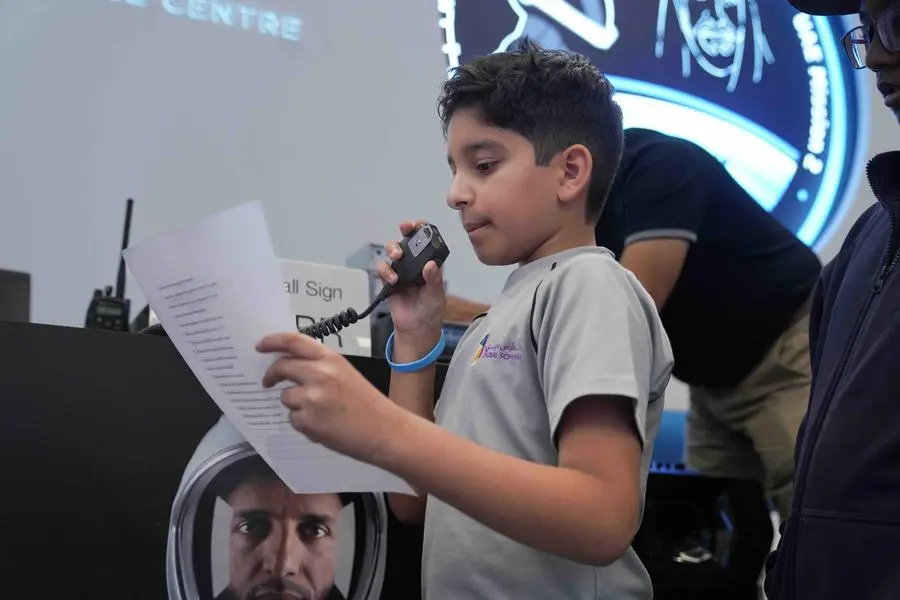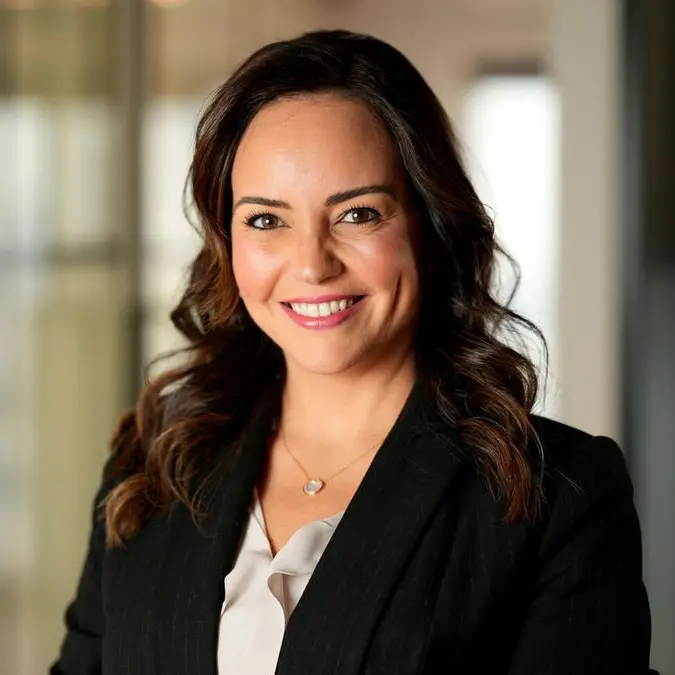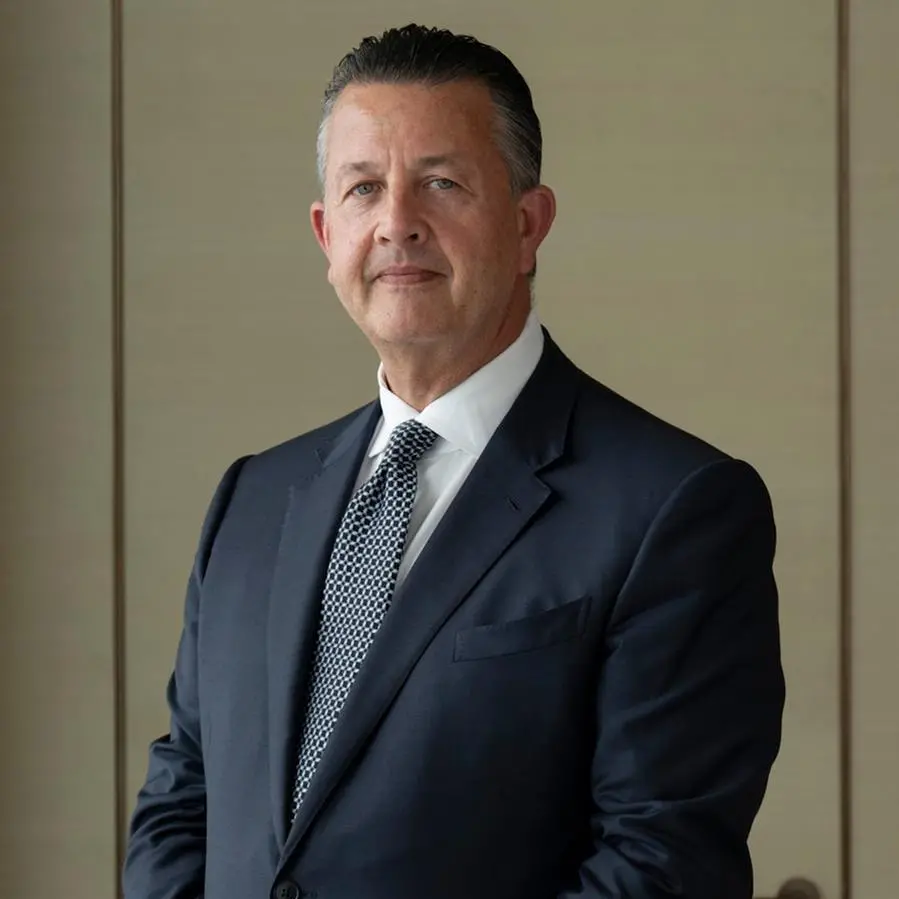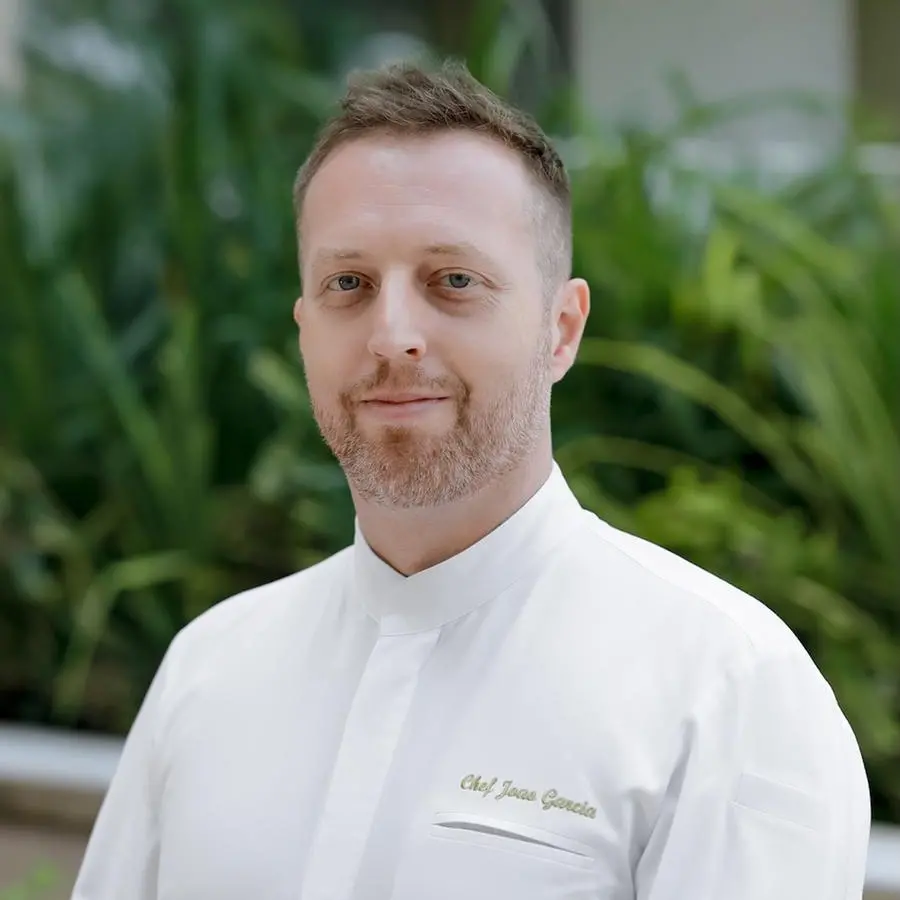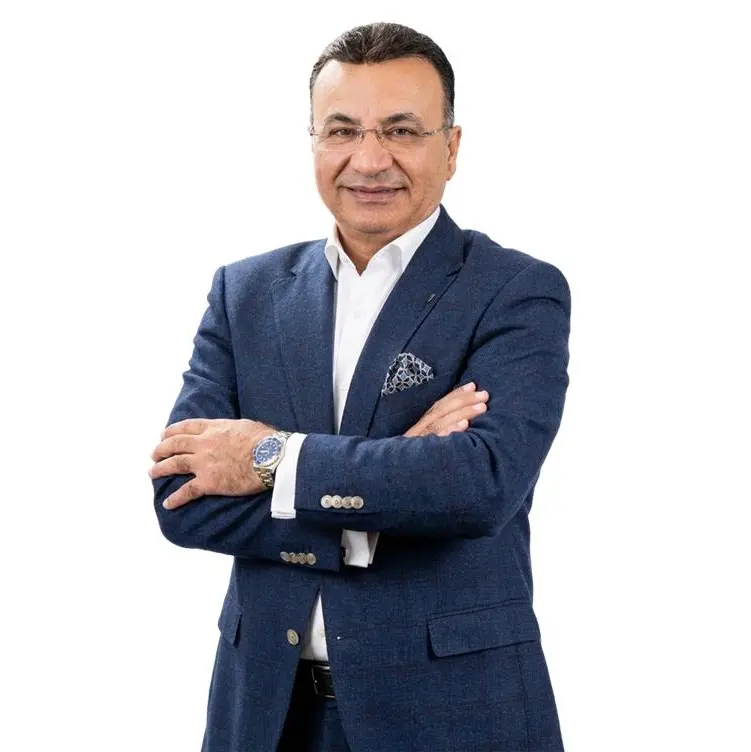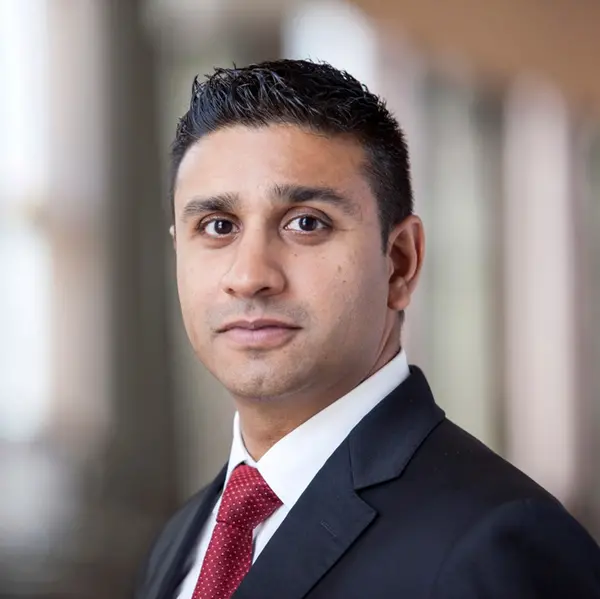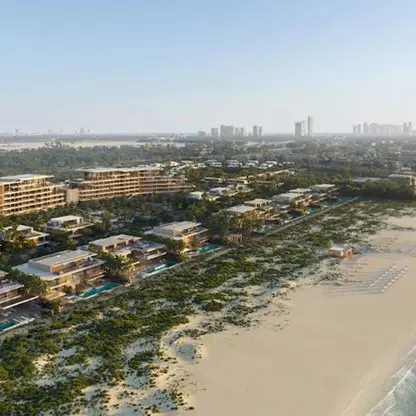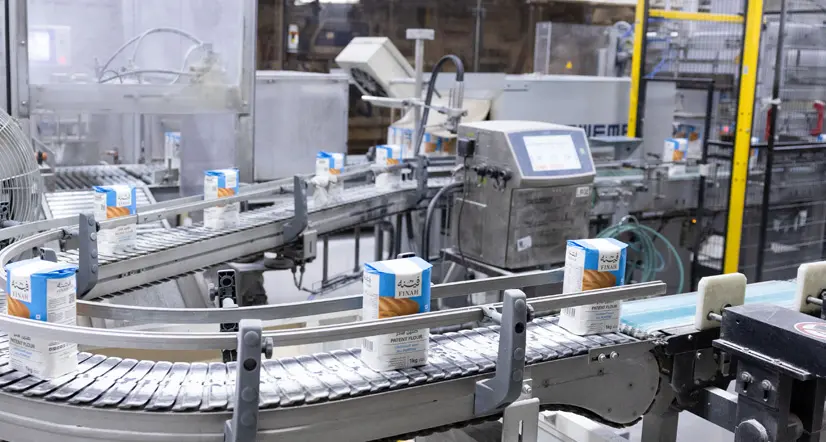PHOTO
- More than 50 students from across the UAE participated in the sessions
- In addition to getting the opportunity to ask AlNeyadi questions, students were also given a tour of MBRSC and updated about the Centre’s projects
Dubai – UAE: The Mohammed Bin Rashid Space Centre (MBRSC) today announced that two ham radio sessions with astronaut Sultan AlNeyadi from the International Space Station (ISS), under the ‘A Call from Space’ event were successfully completed over the course of two days, in collaboration with the Emirates Amateur Radio Society (EARS) and Emirates Literature Foundation (ELF). Ham radio, or amateur radio, uses a broad spectrum of frequencies to communicate between individuals, groups, and even remote regions and space, making it a valuable communication tool.
The ham radio sessions, the second and third in a series of 10, were held at the MBRSC Ground Station, as the ISS passed over the region. More than 50 students from various schools around the UAE participated in the events, as part of the ELF in Space initiative, between MBRSC and Emirates Literature Foundation, which aims to bring space closer to the community.
Adnan AlRais, Mission Manager, UAE Astronaut Programme, said, "Through these ham radio sessions with Sultan, we strive to ignite a passion for space and science in the next generation. At MBRSC, we firmly believe that such initiatives stimulate curiosity and foster a deep understanding of the vast potential that space exploration holds. Our ultimate goal is to inspire young minds to pursue science, technology, engineering, and mathematics fields, contributing to the UAE's vision of becoming a leading nation in the fields of science and space.”
As part of the sessions, the students were first introduced to MBRSC and their latest projects, followed by a tour of the facility, which gave them a glimpse into the labs, workstations, and state-of-the-art technologies employed at the Centre. Furthermore, a presentation about space stations provided the attendees with a broad view of human endeavours in space. The students also received comprehensive training on ham radio, unravelling the complexities of the critical communication tool used since the 20th century.
The highlight of the programme was the live interaction with astronaut Sultan AlNeyadi. The unique opportunity allowed enthusiastic participants from schools across the UAE the chance to ask AlNeyadi questions about living in microgravity, communicating with family and friends, scientific experiments being conducted on the ISS currently, how they keep track of time in space, life on the ISS, challenges of living in space and staying fit, among other space related activities.
In the interactive session lasting 10 minutes on both days, AlNeyadi left the young audience spellbound by providing valuable insights into life in space and the science associated with the mission. His engaging explanations sparked the curiosity of the attendees, encouraging the students to delve deeper into the space and STEM subjects in particular.
The UAE Astronaut Programme is one of the projects managed by MBRSC under the UAE’s National Space Programme and funded by the ICT Fund of the Telecommunications and Digital Government Regulatory Authority (TDRA), which aims to support research and development in the ICT sector in the UAE and promote the country’s integration on the global stage.
-Ends-
For Media Queries:
MBRSC Media Team - mbrsc@quillmena.com
ABOUT MOHAMMED BIN RASHID SPACE CENTRE (MBSRC):
MBRSC is an advanced scientific and technological hub, responsible for making the UAE a world leader in space services and exploration.
Established in 2006, the Mohammad Bin Rashid Space Centre (MBRSC) started out with five engineers, who took it upon themselves to develop their capabilities and expand their knowledge in the field of space, relying on strong will and solid determination. Since then, the centre has continued its journey to be the incubator of the “UAE National Space Programme”. The MBRSC has undertaken the tasks of building, developing, and operating a number of Earth observation satellites, providing imaging services, analysing and studying them, as well as producing relevant data to scientific communities and research centres around the world. Among the satellites that the centre operates are DubaiSat-1 & DubaiSat-2. The MBRSC is also responsible for KhalifaSat, celebrated as the first satellite that was fully built by Emiratis in 2018. Recently, the centre revealed its plan to develop the new satellite MBZ-SAT, which is expected to be launched at the end of 2023 and to be the latest in the field of high-resolution imaging from outer space.
